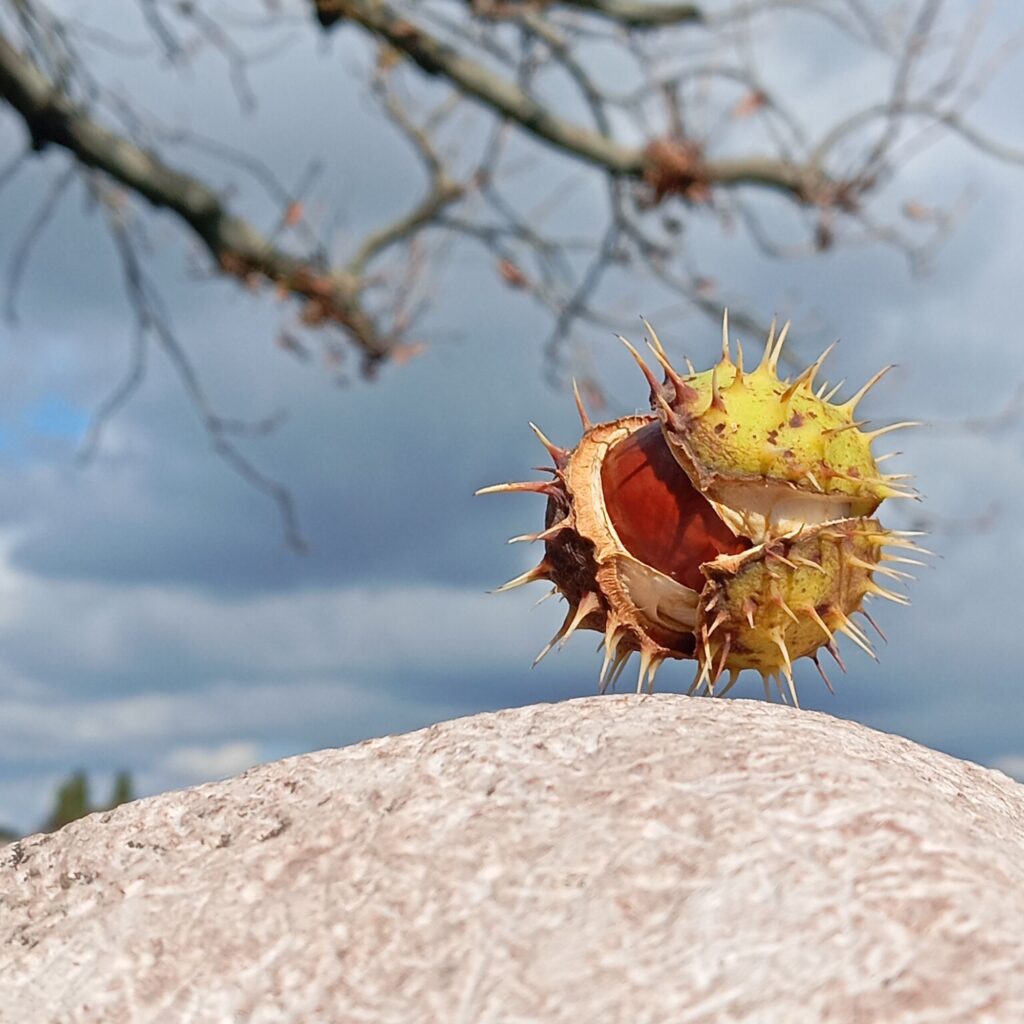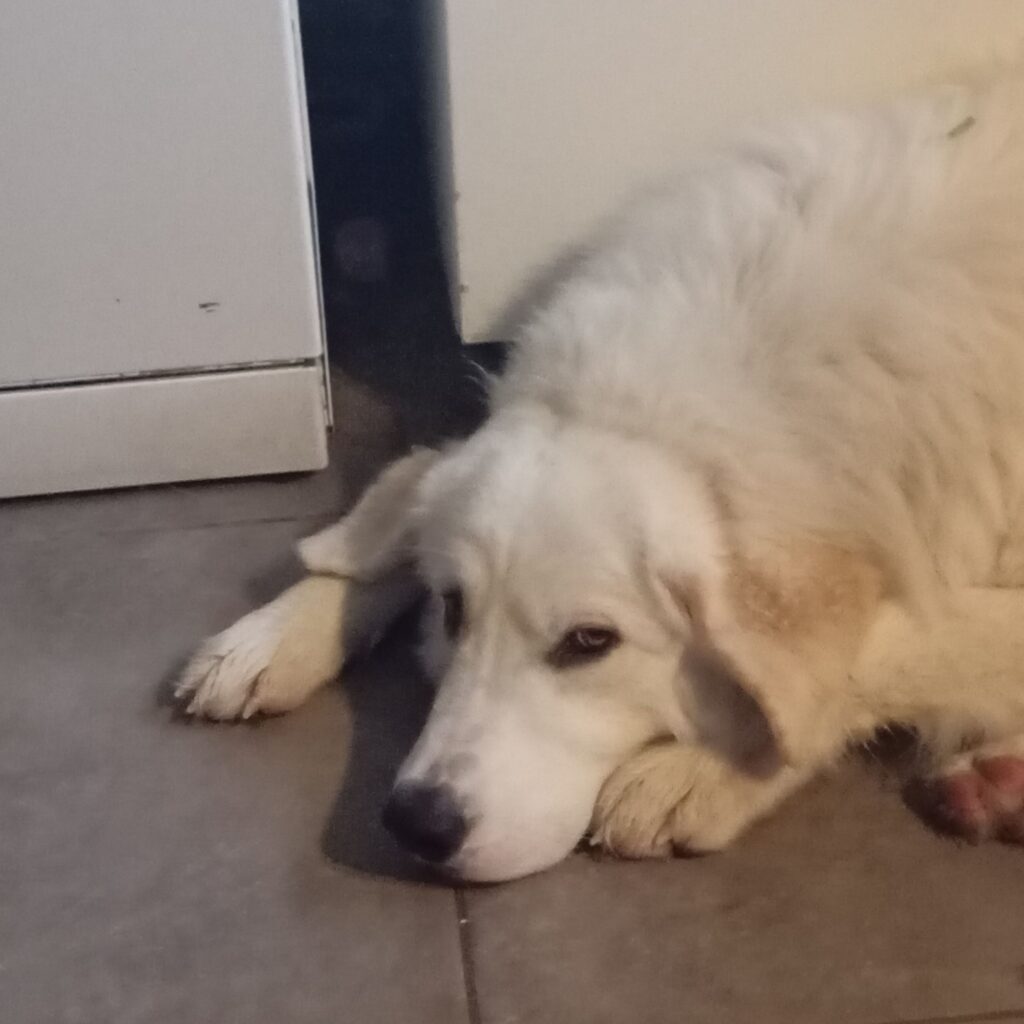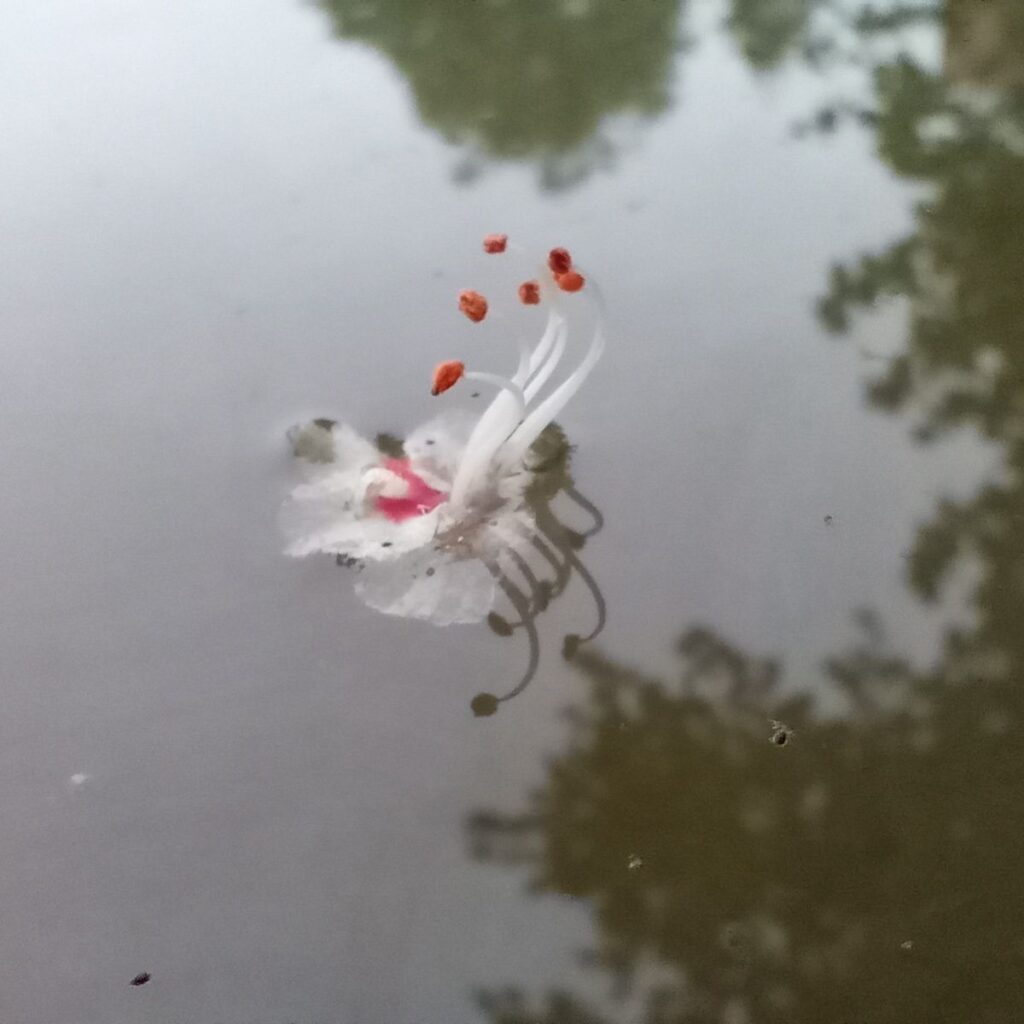
Megint // Again


A feleségem tavaly pályát váltott: pszichológusból tanító lett. Idén másodikosokat tanított. A tanév elközeledő végére és a nagy melegre való tekintettel ezek a nyolcévesek bármiféle rávezetés nélkül, saját indíttatásból rajzversenyt hirdettek “Nyári állatos rajz” témával, és erre természetesen a tanítóikat is meghívták. Verus nem teketóriázott, hamar elkészítette pályaművét. A zsűri visszavonult, majd az eredményhirdetésen a mellékelt oklevéllel jutalmazta a munkáját. Most mit mondjak erről? Legyen ilyen minden iskola!
//
Last year, my wife changed professions: previously a psychologist, she became a schoolteacher. This year, she taught second year. As the end of the school is approaching, and summer is in full heat, and without any prompting from their teachers, at their own initiative, these eight-year-olds organised an art competition with the theme “Summer animal drawings”, and, quite naturally, invited their teachers to enter, too. Vera did not hesitate and drew her entry quickly. The jury withdrew to deliberate, and shortly afterwards rewarded her effort with the green certificate below.
(It says:
CERTIFICATE
Dear Vera Kunos
CONGRATULATIONS
ON YOUR 3RD PLACE
Your drawing was beautiful enough
that you won 3rd place
TRY AGAIN NEXT TIME!”)
What can I say? May all schools be like that.




Tegnapelőtt este óta beteg vagyok. Érdekes, jutott az eszembe fél órával ezelőtt, amikor már nem is tudom hanyadszor megint eresztettem magamnak egy kád melegvizet, mert leginkább ez ad csak enyhületet, hogy ebben a nagyon kellemetlen, lázzal, erős torokfájással, eddig két tekercs WC-papírt elfogyasztó orrfolyással járó, de egyébként veszélytelen betegségben hogy felerősödik bennem az elanyátlanodottság érzése. Bő másfél éve halt meg.
Tegnapelőtt egész napos encounter-csoporton voltam. Kora délután beszéltem arról, hogy anyám életét egészében kudarcosnak látom, hogy úgy vélem, komoly kárt tett bennem, ahogyan velem volt, és hogy gyászolom azokat az életvonalakat, amelyektől ezek a sérülések megfosztottak. Odáig mentem, hogy azt mondtam, végighazudta az életét. Aztán hozzátettem, hogy szeretem, bár ezt tanulnom kellett, és tisztelni még nehezebben tanultam meg, és hogy megértettem, hogy úgy cselekedett, ahogyan tudott. Halála előtt elmesélte az élettörténetét, és akkor beláttam, hogy őt sokkal durvább inzultusok érték, mint engem. Ha a cél tényleg az, hogy a tíz vagon szarból, amit a szüleinktől kapunk, csak négyet adjunk tovább a gyerekeinknek, neki sikerült.
Aztán jött még egy nem várt üzenet is délután, ami talán szintén belejátszott…
A csoport vége előtt egy órával elkezdtem érezni, hogy megbetegedőben vagyok. Fájni kezdett a torkom, megduzzadt az orrnyálkahártyám. Hazafelé a vonaton már bőségesen folyt az orrom, a torokfájás nagyon kellemetlenre fokozódott, szédelegtem. Miután hazaértem, hamar lefeküdtem.
Hajnali kettő felé arra ébredtem, hogy a szám, a torkom kiszáradt, a fejem lüktet, a takony ömlik, és hogy biztos nem tudok aludni tovább. Felkeltem, felszerszámoztam a Boni kutyát és elindultunk a tóhoz.
Lassú, nyugodt tempóban sétáltunk, a parti játszótéren még találkoztunk a szombat éjszaka utolsó bulizóival, megputyulászták Bonit, aztán a szokott helyen levetkőztem és bementem úszni. A rosszullét majdnem teljesen elmúlt, a légutam kitisztult, a hideg víz nagyon jólesett, de mire hazaértünk, ugyanolyan rosszul voltam, mint amikor elindultam.
Kora délután elkezdtem lázasodni, késő délutánra eljutottam 38.8-ig, rég voltam ilyen lázas, jegyeztem meg, és akárcsak gyerekkoromban, beleengedtem magam a transzba, ami a láz. Egész nap az ágyban heverésztem, néha nézelődtem az interneten, olvastam, sajnáltam magamat, 2-3 óránként fürödtem. Korán elaludtam.
Még épp tegnap este, fél tizenkettőkor ébredtem fel megint, ismét a melegvízbe mentem, de utána sikerült visszaaludni. Reggelre a láz elmúlt, a torokfájás elmúlt, viszont megjelent a csúnya, fájdalmas köhögés. Gondoltam, haladok, mert épp így ment keresztül ezen a fertőzésen pár napja a feleségem, Verus is. És hogy jó lenne holnap már meggyógyulni, mert holnapután lenne egy fellépésem playback-zenészként, amire örömmel készültem.
Kora délután megint éreztem, hogy jön a láz. Gondoltam, rásegítek, megint beleültem a jó meleg vízbe, és akkor jött a gondolat, amivel kezdtem.
És akkor az jutott az eszembe, hogy tulajdonképpen egész gyerekkoromban a betegség volt az egyetlen terep, ahol anyám elfogadta tőlem, megengedte nekem, jogosnak találta nálam az elesettséget, a nyűgösséget, a rosszkedvet, a fájdalmat. Mert az a gondolat, hogy miatta vagyok elesett, nyűgös, rosszkedvű, hogy miatta fájok, elviselhetetlen volt neki, de ha volt külső magyarázat – a betegség, a fertőzés, a láz, a fájó részek – akkor képes volt odafordulni hozzám, gondoskodni rólam. Válogatott finomságokkal etetett, mesekönyvekből olvasott fel, inhaláltatott, és persze orvoshoz hordott. Az egész gyerekkorom hörghurutok, csúnya megfázások, tüdőgyulladások sorozata volt, biztos megettem több száz adag Maripent, rengetegszer volt magas lázam, és azt már akkor is igen szórakoztatónak találtam.
És most, az előbb, az esett le, hogy könnyen lehet, éppen ez, hogy anyám betegen tudott gondoskodni rólam és kedves lenni velem, és hozzámérni (az alkarját a homlokomhoz érintve ítélte meg, mennyire vagyok lázas, én is így csinálom a saját gyerekeimmel), egyszerűen éppen ez volt az oka annak, hogy annyit voltam beteg. És hogy elhamarkodottabbat mondjak, még az sem kizárt, hogy most, tegnapelőtt, ez a betegség, amit már vagy egy hete sikeresen kordában tartottam, azért hatalmasodott el rajtam, hogy minderre figyelmeztessen.
Kiváncsi vagyok, mi lesz. Ha ez a gondolatmenet helyes, akkor a betegség az üzenetet átadta, távozhat.
Majd mondom, mi lett.
//
I have been ill since evening, day before last. It is interesting how, I thought half an hour ago when I had yet another hot bath as it is the only thing that brings a degree of relief, that in this essentially risk-free but highly unpleasant illness, with fever, strong pain in the throat and copious snot that has used up two full rolls of toilet paper so far, I am flooded by the feeling of motherlessness. She died just over eighteen months ago.
Two days ago I was at a full-day encounter group. Early in the afternoon I spoke about how I see my mother’s live as generally a failure, that I think she did me serious damage by being the way she was with me, and that I mourn the lifelines that those wounds had robbed me of. I went as far as to say she had lied throughout her life. Then I added that I love her, although I had to learn to do so, and it had been even more difficult to learn to respect her as well, and that I have understood that she acted as she could. Just before her death she told me her life story, and I realised that she had survived much graver insults than I have ever had to. If the objective is truly to only pass on four of the ten wagons of shit we receive from our parents to our children, she succeeded.
I also received an unexpected message in the afternoon, which may have played into it…
An hour before the end of the session I began to feel I was becoming ill. My throat started aching, my nasal passages swelled. On the train home, my nose started running, the sore throat got quite bad, I was a bit dizzy. After getting home, I went to bed quite soon.
I woke at two in the morning. My mouth and my throat were parched, my head was throbbing, thin snot was pouring out and I was sure I could not go back to sleep. I got up, put collar and leash on Boni, our youngest dog, and we set off for the lake.
We walked at a slow, calm pace. At the playground by the lake, we met the last revellers of Saturday night, who found Boni very cute and petted him a lot, then I went to my customary place, changed and went for a swim. The discomfort subsided almost completely, my nasal passages cleared up, the cold water felt very soothing, but by the time we got home, I was just as sick as I had been when we had left.
Early in the afternoon a fever started building, by early evening I reached 38.8 oC, I noted that I had not had such a fever in a long time, and let myself into the trance that fever is. I spent the whole day in bed, sometimes looking at things on the Internet, reading, feeling sorry for myself, and having a hot bath every 2-3 hours. Again, I went to sleep early.
It was still last night, half past eleven, that I woke up again, had another hot bath, but managed to go back to sleep that time. By morning, the fever was gone, the sore throat was gone, replaced by an ugly, painful cough. I was making progress, I thought, as this was exactly the course this infection had taken a few days earlier in my wife, Vera. And also that it would be great to get better by tomorrow, because the day after I’m supposed to play music in a playback theatre show, and I had been looking forward to that.
Early afternoon, I felt the fever coming on again. I thought I’d give it a boost and ran a hot bath again, and that’s when I got to the thought that I began this post with.
And that was when it occurred to me that actually, throughout my childhood, illness was the only place where my mum accepted, permitted, thought rightful my feeling down, my being peevish, in bad spirits and in pain. Because the notion that I was down, peevish, in bad spirits or in pain because of her was unsufferable, but when there was a valid external explanation – the illness, the infection, the fever, the bodily pain – then she was able to turn towards me, take care of me. She fed me my favourite food, read stories by my bedside, prepared inhalations for me, and of course took me to see the doctor. My entire childhood was a series of bronchial infections, bad colds and pneumonias. I’m sure I had hundreds of courses of antibiotics, had frequent high fevers – and even then, I found fever quite enjoyable.
And it was just now that it occurred to me that it could well be that this very thing, that it was only illness that allowed my mum to really take care of me and to be kind to me and to touch me (she used her lower arm to assess me fever by touching my forehead, and I do the same with my kids) was the simple reason for all that illness when I was a child. And to go out on a limb even further, It is also not out of the question that two days ago this particular infection, which I had kept at bay successfully for about a week, overtook me to deliver this message.
I’m curious what will happen. If the above conjectures are correct, the illness has delivered its message and can leave.
I’ll let you know.




